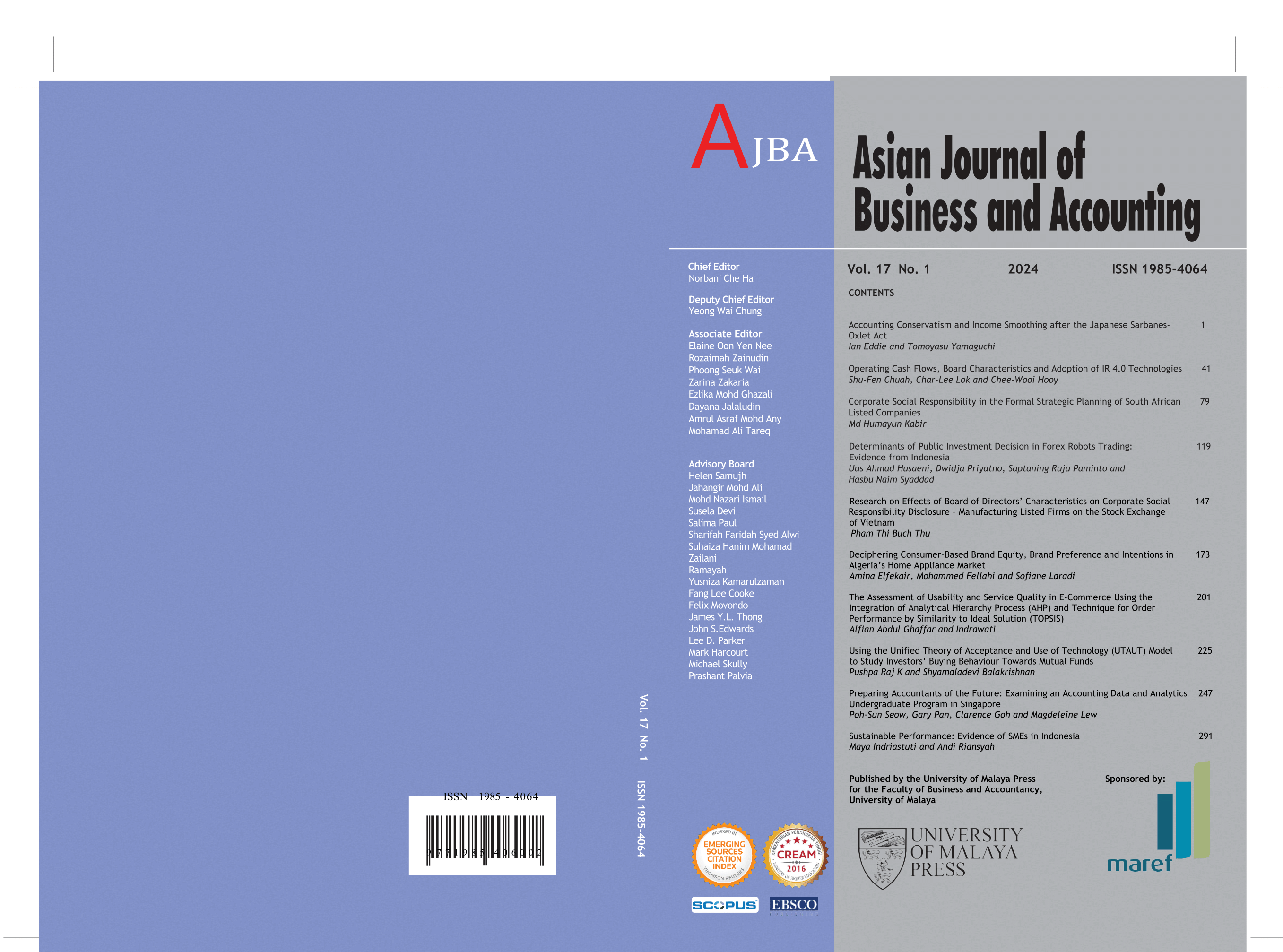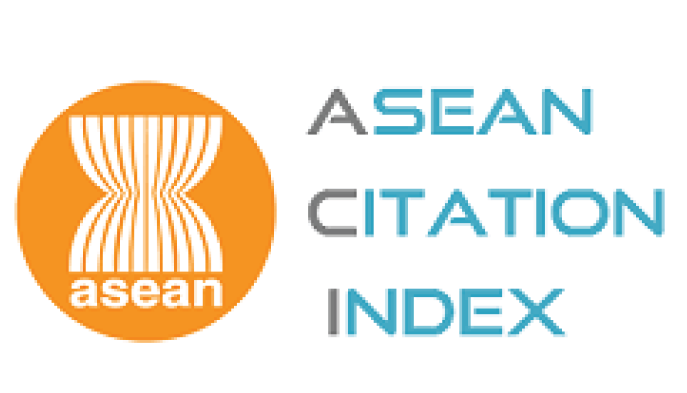Accounting Conservatism and Income Smoothing after the Japanese Sarbanes–Oxley Act
Keywords:
Accounting Conservatism, Income Smoothing, Internal Control Regulation, Japan, Sarbanes–Oxley ActAbstract
Manuscript type: Research paper
Research aims: This study examines the effect of the Japanese Sarbanes-Oxley Act (J-SOX) on accounting conservatism and income smoothing behaviour.
Design/Methodology/Approach: We perform multiple regression analyses with a dummy variable for the post-J-SOX period to compare the levels of accounting conservatism and income smoothing between the pre- and post-J-SOX periods.
Research findings: We find that accounting conservatism has increased and income smoothing has decreased after J-SOX implementation. This finding suggests that financial reporting transparency in Japanese firms may have increased following J-SOX implementation.
Theoretical contribution/Originality: This study adds new evidence to the literature regarding the effect of internal control regulations on managers’ accounting behaviour.
Practitioner/Policy implications: Our findings suggest that J-SOX may be effective in improving financial reporting transparency although the procedures are relatively concise. Therefore, policy makers and accounting standard setters should consider not only strictness but also cost-effectiveness.
Research limitation: We cannot rule out the possibility that factors occurred during our study period other than J-SOX affected our results.








